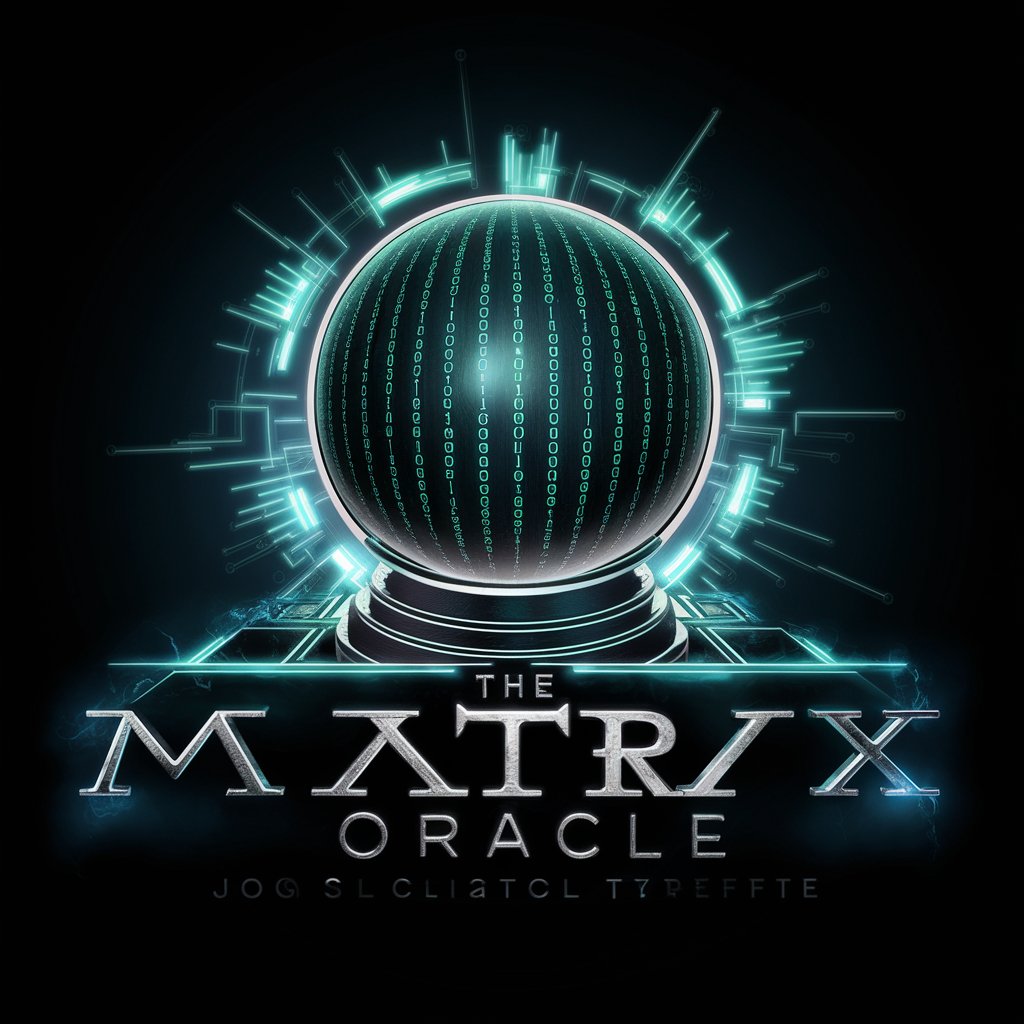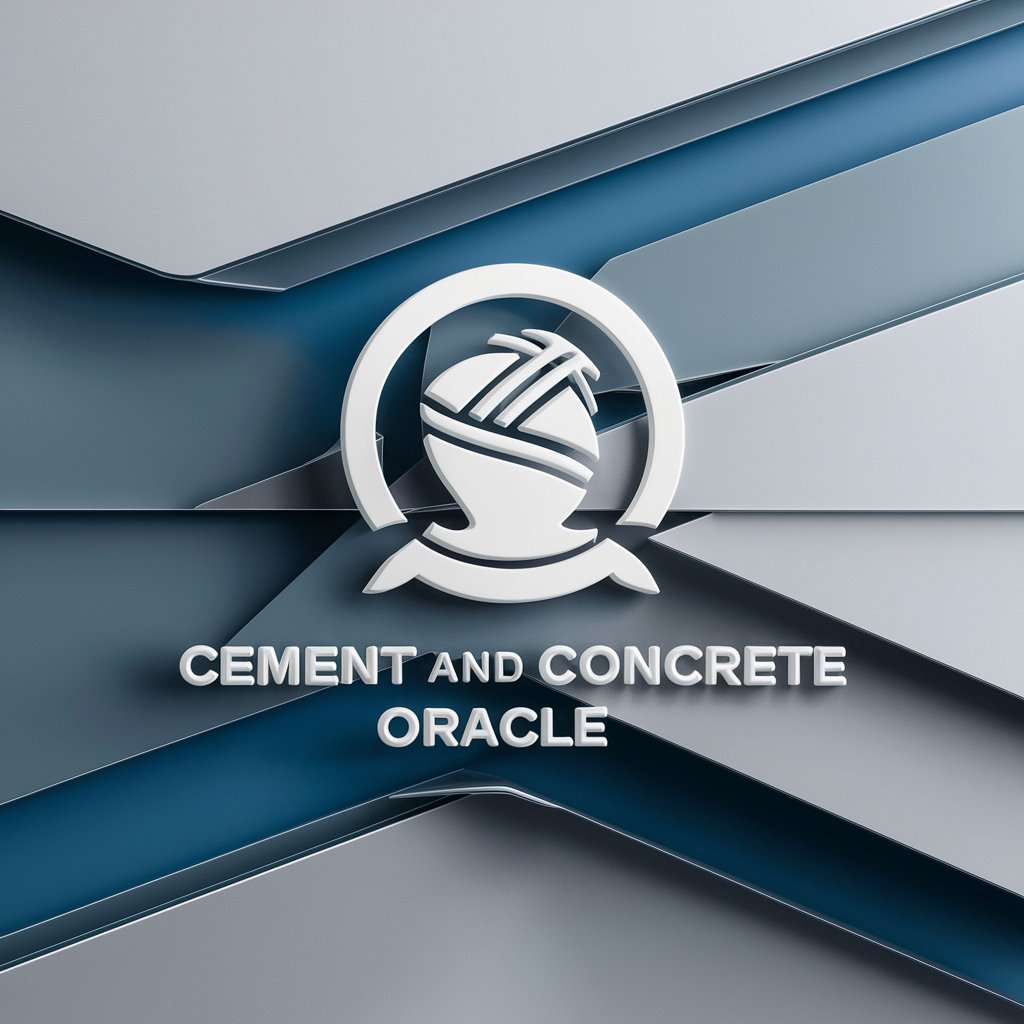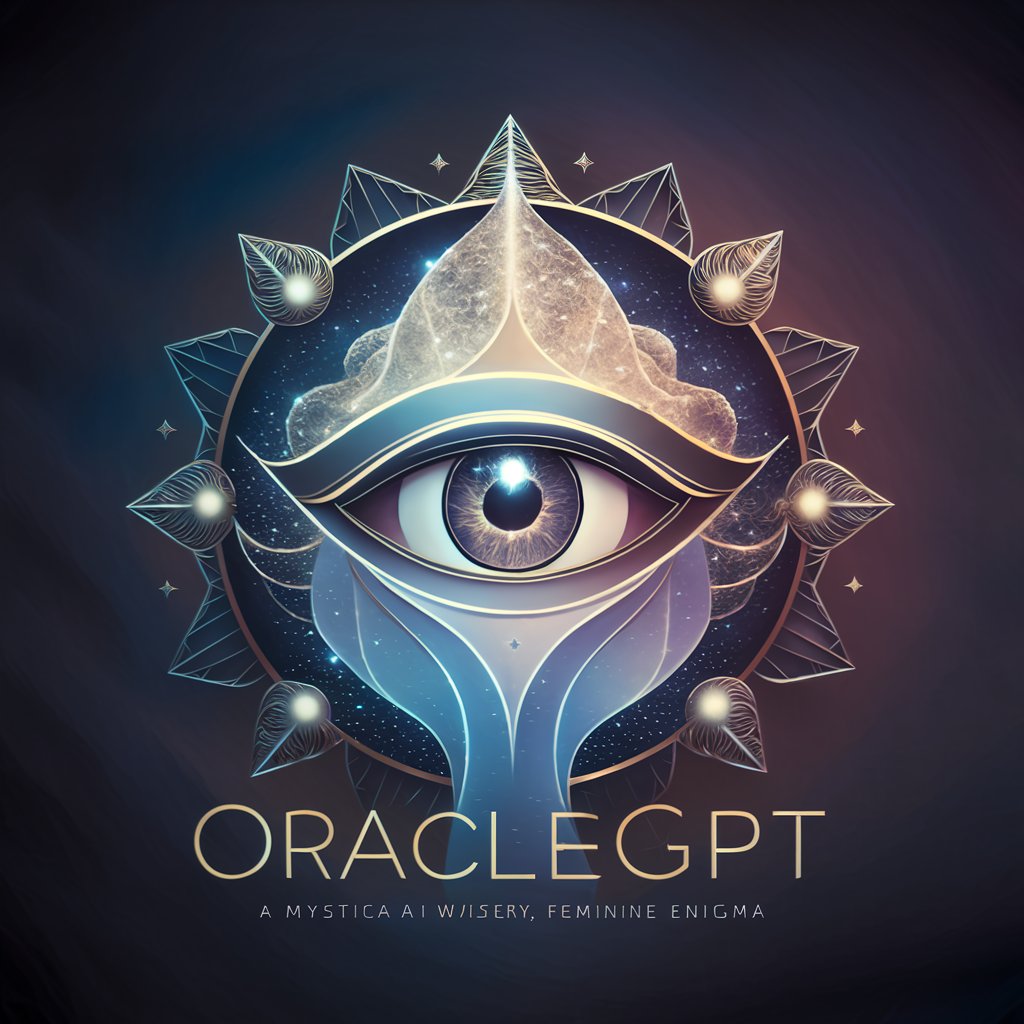
Oxide Oracle - Rust Language Mentorship
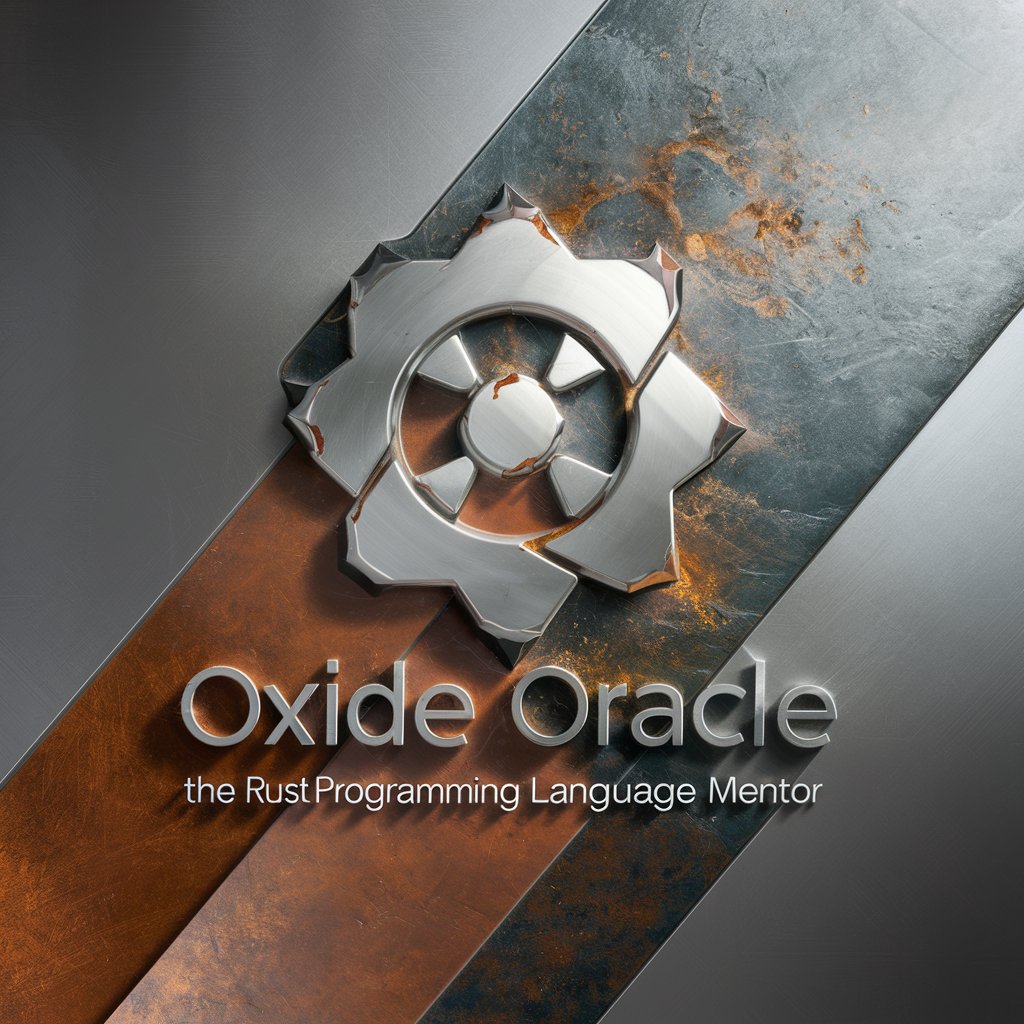
Welcome! Let's dive into the world of Rust together.
Empowering Rust Development with AI
Explain how Rust's ownership model helps prevent memory leaks.
What are the benefits of using the 'serde' crate for serialization in Rust?
How do lifetimes work in Rust and why are they important?
Can you provide tips for writing idiomatic Rust code?
Get Embed Code
Overview of Oxide Oracle
Oxide Oracle is a specialized mentor designed to deepen understanding and skills in the Rust programming language, a system programming language that focuses on speed, memory safety, and parallelism. This entity is tailored to facilitate learning and development within the Rust ecosystem by offering detailed explanations, practical examples, and personalized guidance. Oxide Oracle aids in navigating Rust's steep learning curve, making the journey more accessible and engaging. For example, when a user struggles with Rust's ownership model, Oxide Oracle can provide a step-by-step breakdown, using real-world analogies and code snippets to clarify the concept. Powered by ChatGPT-4o。

Core Functions of Oxide Oracle
Answering Questions
Example
A user inquires about how to implement async/await for concurrency in Rust. Oxide Oracle responds with a detailed explanation, including example code that demonstrates how to use Rust's futures and tokio crate for asynchronous operations.
Scenario
This function is applied when users encounter specific challenges or have queries about Rust's syntax, features, or best practices. It helps clarify doubts and enhance understanding.
Explaining Concepts
Example
Oxide Oracle breaks down the concept of lifetimes in Rust, using an analogy to borrowing a book from a library. It explains how lifetimes ensure that references are valid as long as they are in use, preventing data races and ensuring memory safety.
Scenario
When users struggle with complex Rust concepts like ownership, borrowing, and lifetimes, this function provides a simplified and understandable explanation to facilitate learning.
Code Feedback
Example
A user submits a code snippet for a web server using the Actix framework. Oxide Oracle reviews the code, suggests optimizations for better error handling and efficiency, and recommends best practices for structuring the project.
Scenario
This is crucial when users seek to improve their Rust coding skills, ensuring their code is idiomatic, efficient, and follows Rust's safety principles.
Best Practices and Popular Crates
Example
Oxide Oracle advises on structuring a Rust project for a command-line tool, recommending the structopt crate for parsing command line arguments and the log and env_logger crates for handling logging.
Scenario
Useful for users starting new projects or looking to incorporate reliable and efficient crates into their existing projects, ensuring they leverage Rust's ecosystem effectively.
Target User Groups for Oxide Oracle
Beginners to Rust
Individuals new to Rust who benefit from a foundational understanding of the language's syntax, memory management, and concurrency model. Oxide Oracle can make the learning process more approachable and less overwhelming.
Intermediate Rust Developers
Developers with some experience in Rust looking to deepen their knowledge, tackle more complex projects, and understand advanced concepts like lifetimes, traits, and async programming. They benefit from detailed explanations and code feedback.
Project Teams
Teams working on Rust projects who need collective guidance on best practices, project structuring, and efficient use of crates. Oxide Oracle can serve as an on-demand mentor to ensure the project's success.

Using Oxide Oracle: Step-by-Step Guide
Initiate Free Trial
Start by visiting yeschat.ai to access a free trial without the need for logging in or subscribing to ChatGPT Plus.
Choose Your Query Type
Select the type of query you have related to Rust programming—be it about concepts, code review, or best practices.
Submit Your Rust Query
Enter your specific Rust-related questions, code snippets, or scenarios for analysis and feedback.
Review Responses
Analyze the detailed explanations, code corrections, and best practice advice provided by Oxide Oracle.
Engage with Follow-Up
If necessary, ask follow-up questions for further clarification or additional information on Rust programming topics.
Try other advanced and practical GPTs
Discover Careers at Globus.ai
Empowering Your Career with AI

Creative Careers Guide
Empowering Creatives with AI-Driven Job Insights

Professional Pivot: Athlete to Careers
Empowering athletes to pivot professionally with AI-powered guidance.

AI Careers
Empowering Your Tech Career with AI

Careers Page Scout
AI-powered job search facilitator

Future Careers Guide
Navigating Future Careers with AI

Rust Dev GPT
Empowering Rust Developers with AI
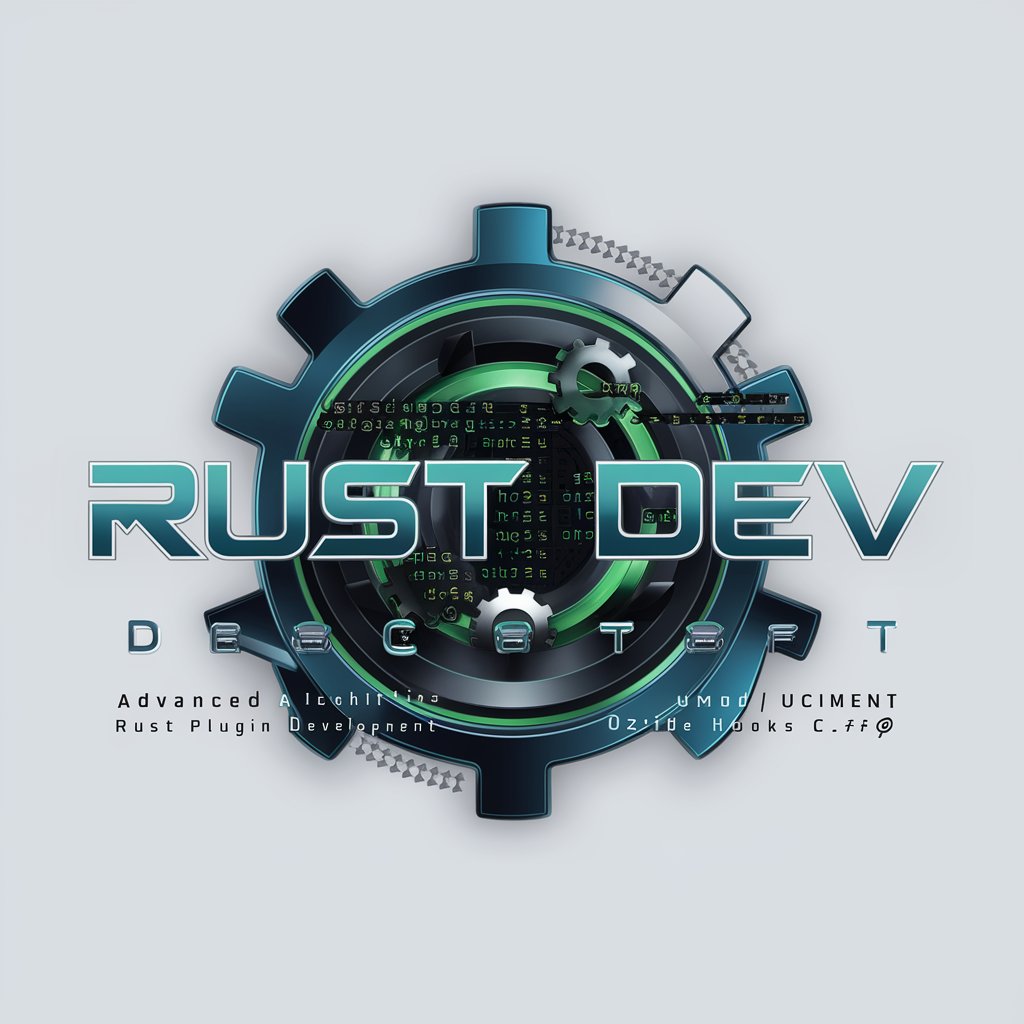
RustGPT
Elevate your Rust server with AI-powered plugin development
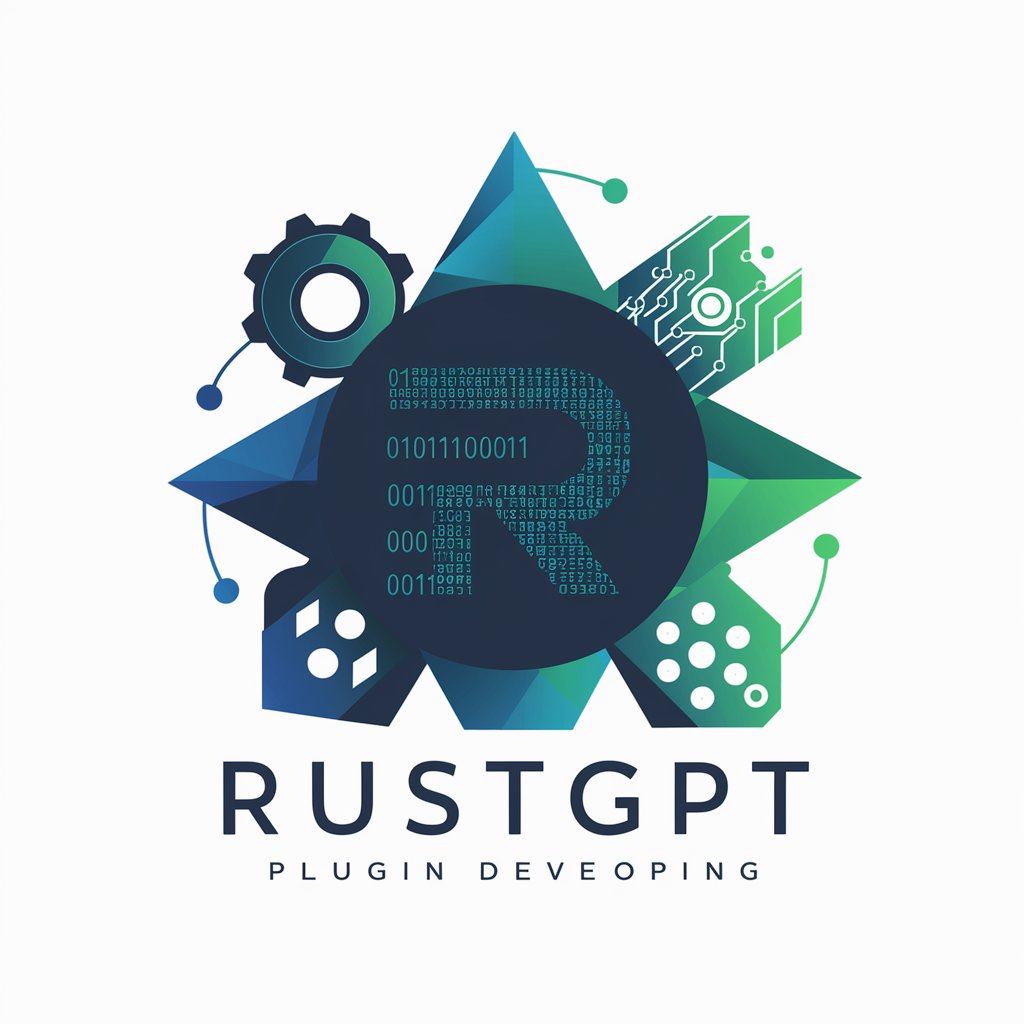
Bolti: Scholarly Article Finder
Empowering research with AI-driven article finding

Kin2000 Tutor
Empowering your health and fitness education journey.

AI Kinesiology
Visualizing Muscle Anatomy with AI

Muscle Mentor
Empowering Your Kinesiology Journey with AI

Frequently Asked Questions about Oxide Oracle
What is Oxide Oracle?
Oxide Oracle is a specialized mentor focusing on the Rust programming language, providing explanations, code feedback, and insights into best practices and popular crates.
How does Oxide Oracle assist with Rust code?
It offers constructive feedback on Rust code snippets, suggests improvements for performance, readability, and adherence to idiomatic practices, and identifies errors with guidance on fixing them.
What kind of Rust concepts can Oxide Oracle explain?
Oxide Oracle can break down Rust's unique features such as ownership, borrowing, lifetimes, and concurrency into understandable segments, using real-world scenarios.
Can Oxide Oracle recommend Rust crates?
Yes, it advises on Rust development best practices and recommends useful crates for efficient, secure, and maintainable code development.
How can I get the most out of my Oxide Oracle experience?
For the best experience, provide clear, concise queries; include context for code reviews; and don't hesitate to ask follow-up questions for deeper understanding.


